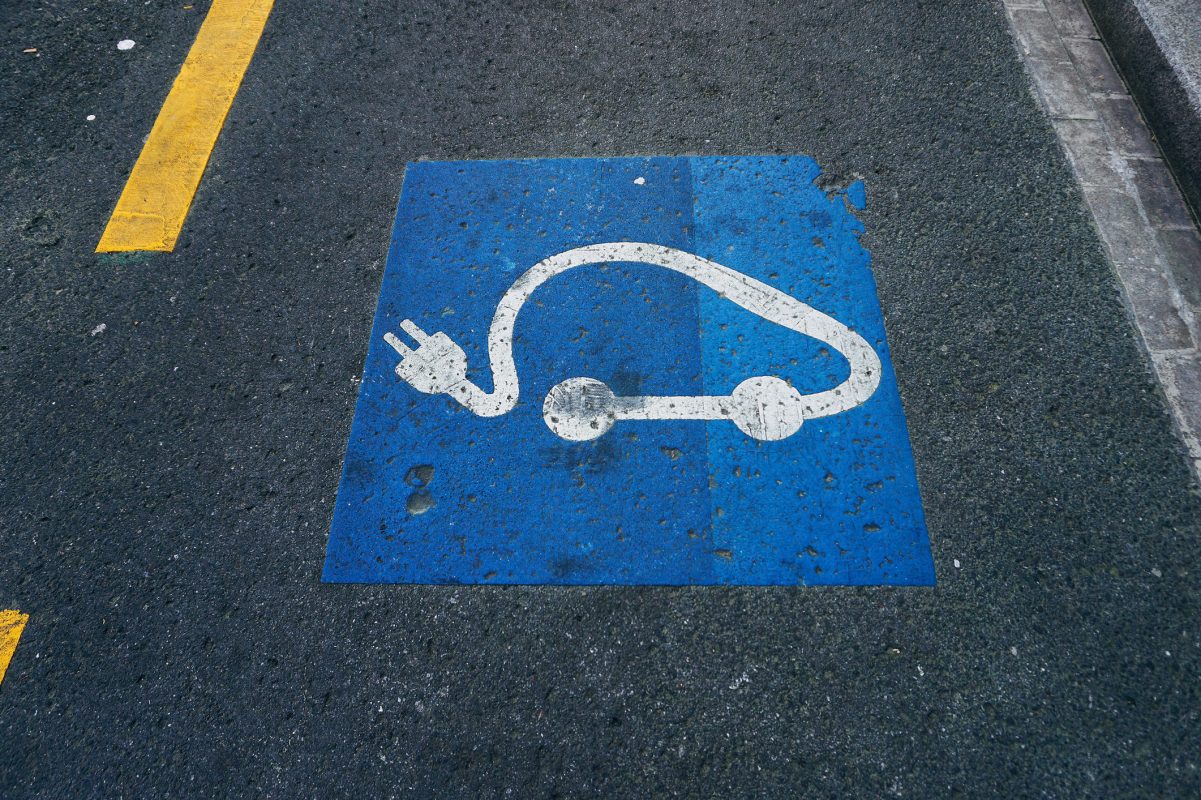Could strengthen domestic clean energy industry but impede EV adoption rate.
To prevent state-subsidized Chinese electric vehicles (EVs) from entering the U.S. market below competitors’ prices, former President Donald Trump imposed a 25 percent import tariff in 2019. Still in effect, the Biden Administration is now deliberating expanding the tolls on EVs and applying them to solar products as well, the Wall Street Journal reports (Paywall), citing people familiar with the matter.
The move comes amid challenging times in U.S.-China relations: while President Joe Biden met his Chinese counterpart, Xi Jinping, recently at the APEC meeting in San Francisco, stating the leaders made “some important progress,” the trade dispute surrounding advanced computer chips is casting doubt on a harmonic future.
Trade Dispute Flaring up
In October last year, the Biden administration imposed export restrictions on state-of-the-art computer chips to China to curb the People’s Republic’s access to supercomputers and advanced artificial intelligence. Some analysts viewed the Middle Kingdom’s implemented critical minerals policies as a response to these curbs: in July, exports of gallium and germanium products were announced to require government-issued licenses. This was followed by announcing similar measures on the battery material graphite and, later on, antimony, silver, and tungsten. In the latest development, China has banned exports of certain rare earth processing technology, which Bloomberg sees as a move to counteract overseas de-coupling efforts from the world’s most important magnet producer.
Tariffs as a Double-Edged Sword
The outlook on President Biden hiking tariffs is equally mixed: while it could limit Chinese manufacturers from selling their EVs below competitors, boosting domestic supply chains by benefiting U.S. producers, it could lead to lower EV-adoption rates, the WSJ reports further. Despite being a goal of Biden’s agenda to increase EV sales in the U.S., EVs only made up roughly 8 percent in 2022, according to the International Energy Agency IEA, putting Biden in a tough spot. In addition, the tariffs could also hinder stabilization efforts between China and the U.S. At the same time, a tough stance towards the People’s Republic could become a core tool in the upcoming election for Biden.
Photo: iStock/ismael juan


